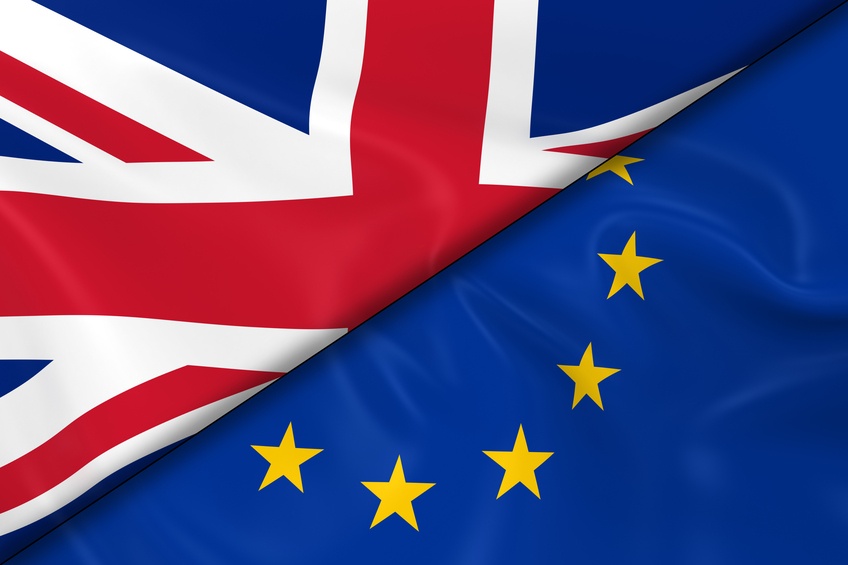Home » Uncategorised »
How Do House Prices Compare Across the EU Member States?
This article is an external press release originally published on the Landlord News website, which has now been migrated to the Just Landlords blog.

Ahead of today’s EU referendum, online estate agent eMoov.co.uk has analysed how house prices compare across each of the 28 EU member states.
The agent’s map shows the average price of property per square foot in each state, when they joined the EU and the property price per square foot for each capital city.
The average house price across all EU member states is currently £2,867 per square foot. Where capital cities are concerned, London storms ahead with the most expensive house prices. At £12,468 per square foot, London’s reputation as the most expensive city in the world to buy a house is apparently confirmed, for the EU at least.
Paris is the second most expensive capital city in the EU for property, however, with an average price that is less than half of that in London, it remains significantly cheaper. Stockholm and Rome also rank highly, both home to an average house price of more than £5,000 per square foot.
Dublin is the ninth most expensive capital city, at £3,489 per square foot. Although Belfast, at £2,205, Cardiff, at £1,583, and Glasgow, at £1,580, all lie within the member state of the UK, they rank as the 15th, 20th and 21st most expensive capital cities for property in the EU.
At just £734 per square foot, Sofia, the capital of Bulgaria, has the cheapest house prices of any capital city in the EU member states.
Although London is the driving force of the UK property market and the most expensive capital city in the EU for house prices, the same cannot be said for the UK as a whole.
At £3,279 per square foot, the UK is only the fourth most expensive EU member state. The top three spots go to Luxembourg, at £4,540, Sweden, at £3,991, and France, at £3,423.
House prices across each EU member state
[table id=16 /]In line with its capital, Bulgaria is also the cheapest EU member state for property overall, at just £634 per square foot. This is also the case for Romania and its capital Bucharest, and Hungary and Budapest as the second and third cheapest member states for house prices.

How Do House Prices Compare Across the EU Member States?
Although there seems to be no strong correlation between the time a country has been an EU member state and the price of property, there are 15 member states that joined prior to the year 2000. Of these, 13 account for the highest property prices in the EU, with just Portugal and Greece home to an average house price of less than £1,600 per square foot.
The founder and CEO of eMoov, Russell Quirk, comments on the findings: “The UK property market and the influence a Brexit could potentially have has been a big talking point and arguably so, as for the average UK homeowner, their property is the most expensive asset they are likely to own.
“This research isn’t an attempt to sway people either way, simply to show the strength of the UK market against the rest of the EU, but also to highlight that despite the London bubble, there are other areas across Europe where prices outperform that of the UK.”
He continues: “Will property prices drop if we vote to leave? No one really knows for sure, and any potential impact will take a while to come to fruition. Should we vote to leave, any real impact wouldn’t become clear until 2017, and prices could potentially flatten and even go into reverse, which would be a mammoth event given the years of steady upward growth.
“It all comes down to confidence in the market, and whilst the media and campaigners from both sides continue to scaremonger, the seesaw remains finely balanced. A few gloomy headlines and people will understandably sit tight and play it out. However, this lack of investment and activity in the residential market will prompt a fall in buyer demand and this is what will result in a drop in property prices.”
However, he adds: “This said, with the precarious mix of easily obtained credit and inflated property prices continuing to inflate the UK property bubble, something will eventually give, Brexit or no Brexit. I for one think that a cool in demand caused by uncertainty in the market, be it as a result of a leave or remain outcome, could be a healthy thing and help return the UK market back to some level of stability.”




